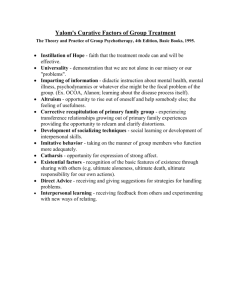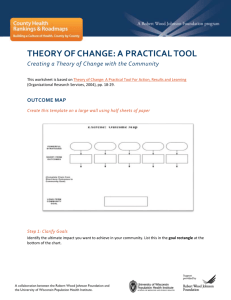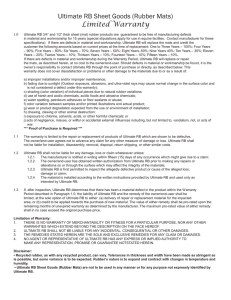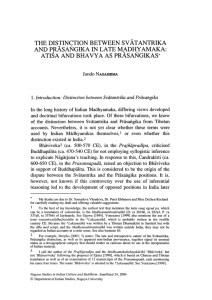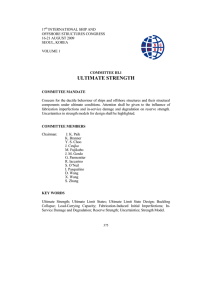Document 17611300
advertisement
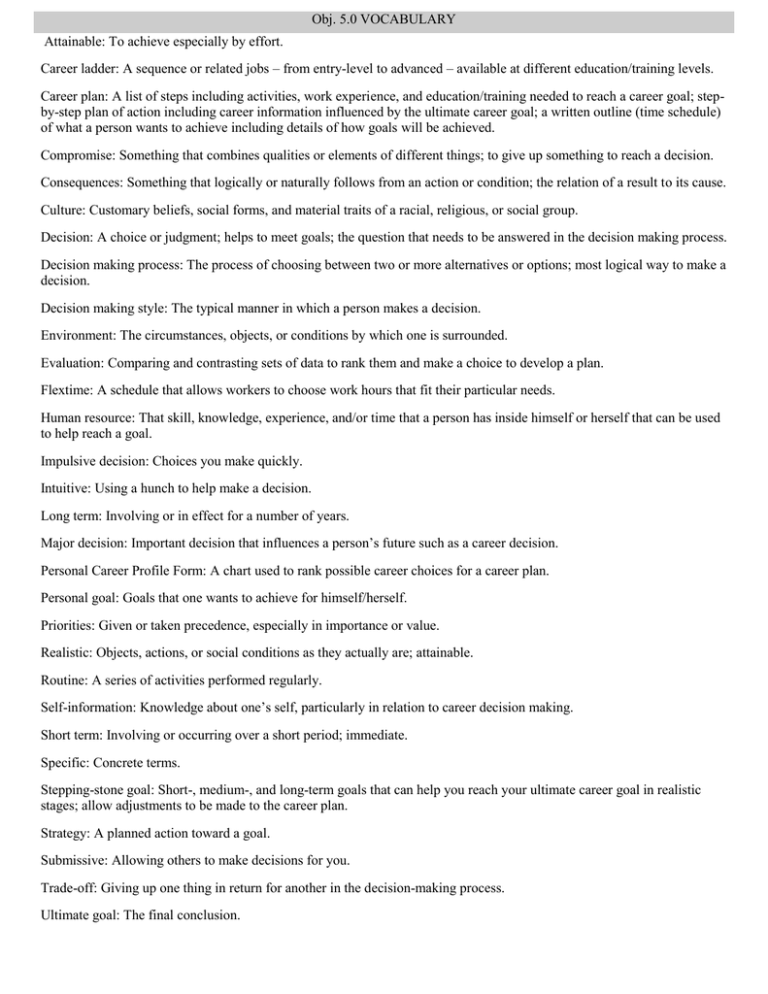
Obj. 5.0 VOCABULARY Attainable: To achieve especially by effort. Career ladder: A sequence or related jobs – from entry-level to advanced – available at different education/training levels. Career plan: A list of steps including activities, work experience, and education/training needed to reach a career goal; stepby-step plan of action including career information influenced by the ultimate career goal; a written outline (time schedule) of what a person wants to achieve including details of how goals will be achieved. Compromise: Something that combines qualities or elements of different things; to give up something to reach a decision. Consequences: Something that logically or naturally follows from an action or condition; the relation of a result to its cause. Culture: Customary beliefs, social forms, and material traits of a racial, religious, or social group. Decision: A choice or judgment; helps to meet goals; the question that needs to be answered in the decision making process. Decision making process: The process of choosing between two or more alternatives or options; most logical way to make a decision. Decision making style: The typical manner in which a person makes a decision. Environment: The circumstances, objects, or conditions by which one is surrounded. Evaluation: Comparing and contrasting sets of data to rank them and make a choice to develop a plan. Flextime: A schedule that allows workers to choose work hours that fit their particular needs. Human resource: That skill, knowledge, experience, and/or time that a person has inside himself or herself that can be used to help reach a goal. Impulsive decision: Choices you make quickly. Intuitive: Using a hunch to help make a decision. Long term: Involving or in effect for a number of years. Major decision: Important decision that influences a person’s future such as a career decision. Personal Career Profile Form: A chart used to rank possible career choices for a career plan. Personal goal: Goals that one wants to achieve for himself/herself. Priorities: Given or taken precedence, especially in importance or value. Realistic: Objects, actions, or social conditions as they actually are; attainable. Routine: A series of activities performed regularly. Self-information: Knowledge about one’s self, particularly in relation to career decision making. Short term: Involving or occurring over a short period; immediate. Specific: Concrete terms. Stepping-stone goal: Short-, medium-, and long-term goals that can help you reach your ultimate career goal in realistic stages; allow adjustments to be made to the career plan. Strategy: A planned action toward a goal. Submissive: Allowing others to make decisions for you. Trade-off: Giving up one thing in return for another in the decision-making process. Ultimate goal: The final conclusion.
